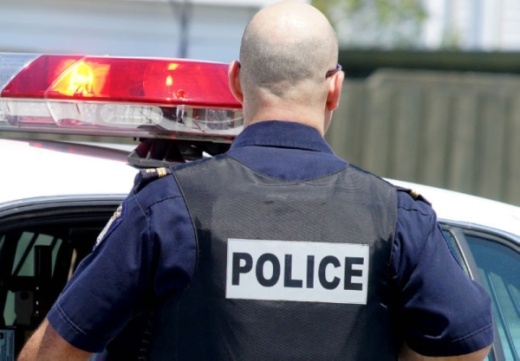The program, known as cite-and-release, was first authorized by the Texas Legislature in 2007 and can be implemented at the discretion of individual law enforcement agencies. Under the law, a citation can be issued instead of an arrest for the following Class A and Class B misdemeanor offenses:
- possession of certain drugs, including synthetic marijuana, in an amount less than 4 ounces;
- criminal mischief with damages between $100-$750;
- graffiti with damages between $100-$2,000;
- thefts and thefts of service between $100-$750;
- having contraband while in a correctional facility; and
- driving with an invalid license (only applies if the suspect is not involved in a crash and deemed at fault).
Harris County has also had a diversion program in place for misdemeanor marijuana offenses since 2017 that allows individuals to avoid arrests and citations if they agree to take a four-hour educational class. Unlike the marijuana diversion program, suspects cited in the new program will still have to appear for a court date.
An official with the sheriff's office said the county courts will be tracking defendant appearance rates for those who qualify for the program.
In a statement posted to Twitter, Gonzalez said the initiative will improve efficiency and save money by providing an alternative path for low-level offenders instead of having to spend two to three days in the Harris County jail before being released.
"Our initiative is modeled after highly effective programs in other jurisdictions that have demonstrated strong results," he said.
The implementation of cite-and-release comes at the same time Harris County is working to reform its bail bond policies for misdemeanor offenses following the settlement of a lawsuit in 2019. Part of the settlement requires Harris County to no longer detain certain misdemeanor arrestees before their trials on the basis that they are unable to afford bail.





